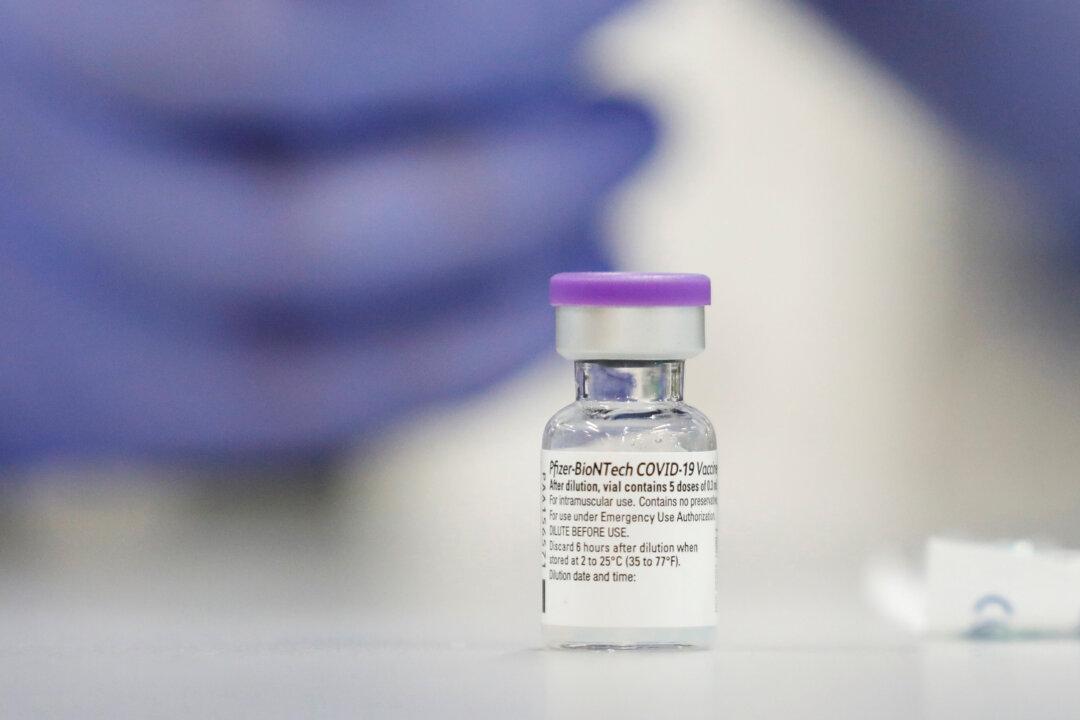JERUSALEM—Israel is sending 700,000 coronavirus vaccine doses to South Korea in exchange for a future shipment of vaccines from South Korea to Israel.
Under the deal, Israel will transfer the Pfizer vaccines to South Korea in an effort to inoculate more of the Asian nation’s citizens this month. South Korea will send the same number of doses to Israel as early as September, the officials added.





